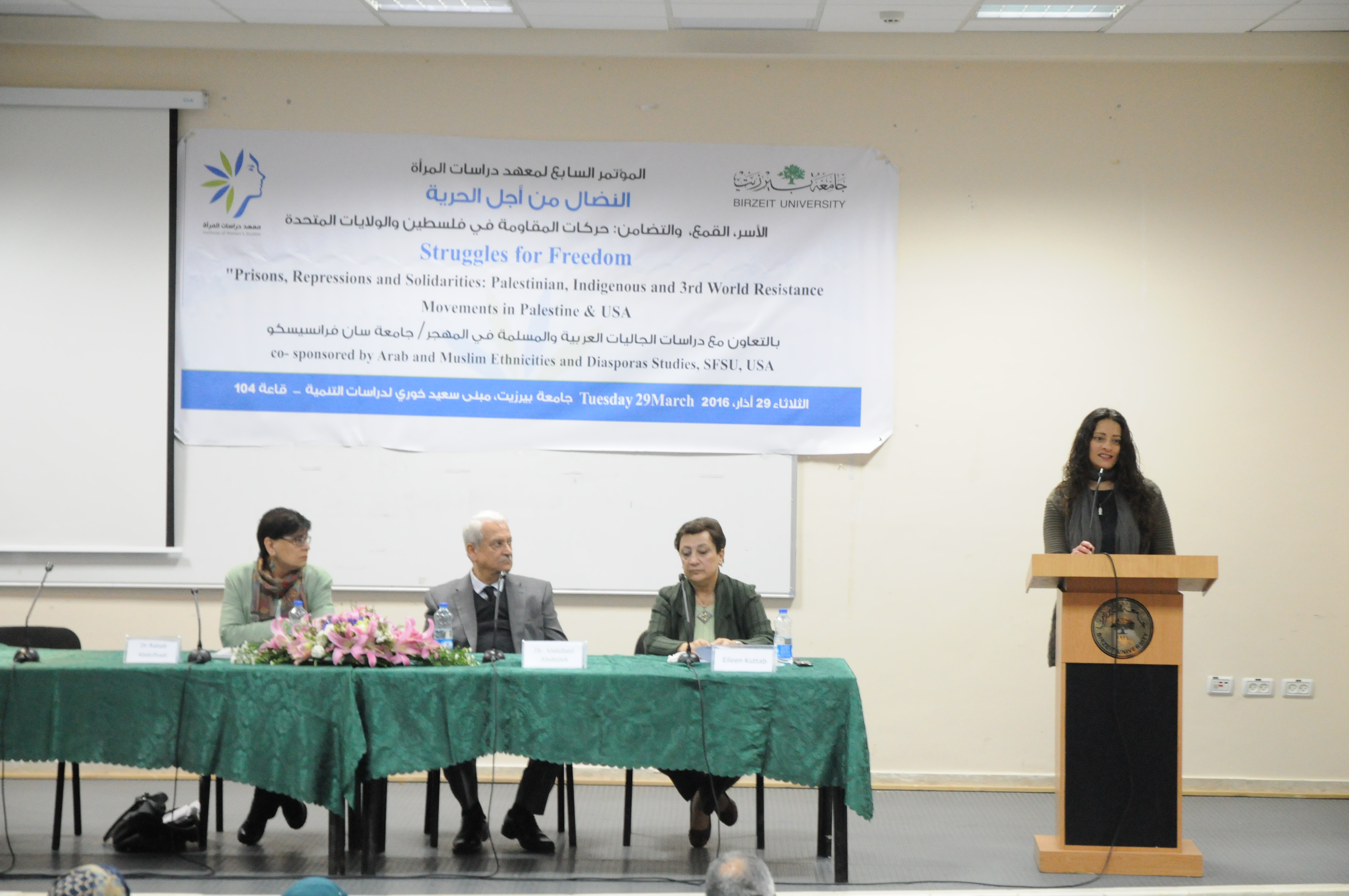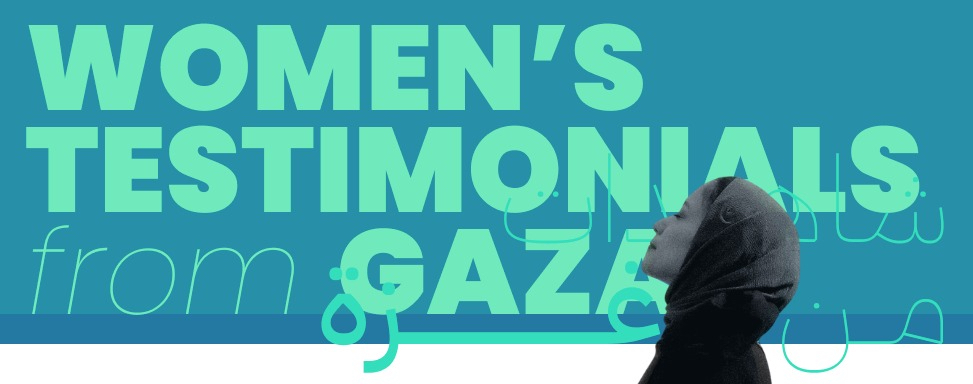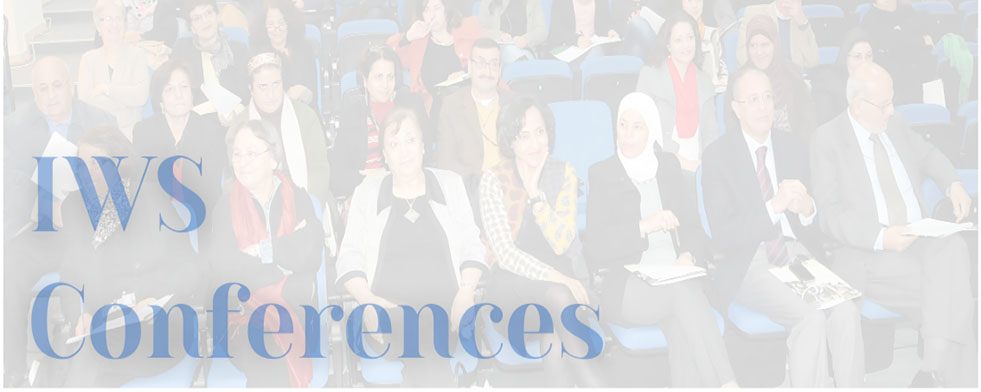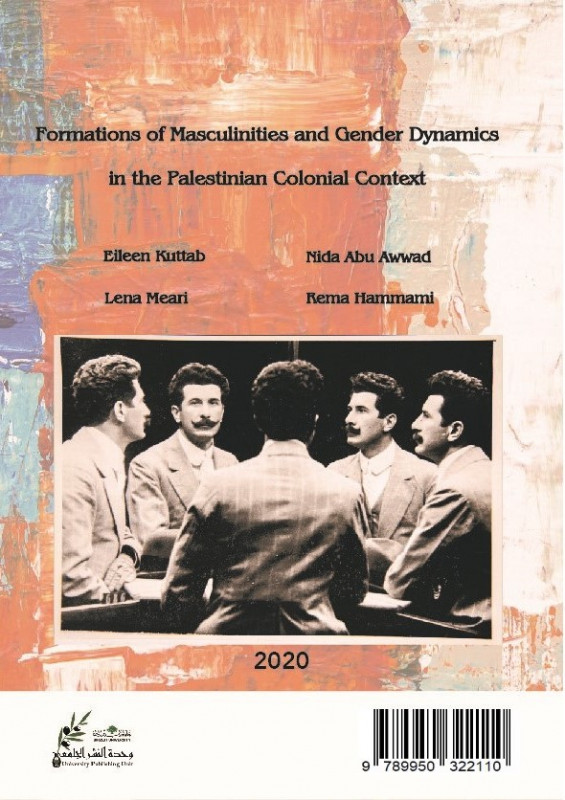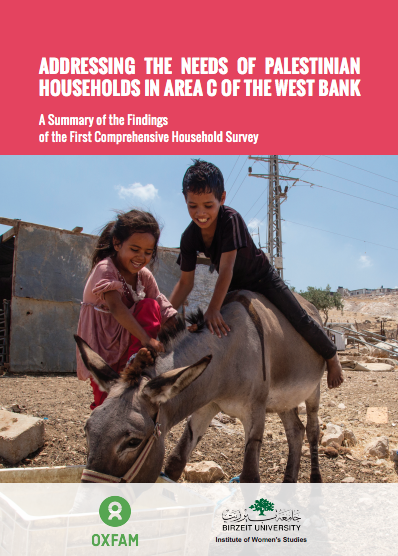On 29 March 2016, the Institute of Women's Studies at Birzeit University, in collaboration with the Arab and Muslim Ethnicities and Diasporas Studies, SFSU, USA, held its seventh conference "Struggles for Freedom: Prisons, Repressions and Solidarities: Palestinian, Indigenous and Third World Resistance Movements in Palestine & the USA.”
The president of Birzeit University Dr. Abdellatif Abuhijleh opened the conference emphasizing its importance as it deals with the experiences of the liberation struggle of the Palestinian people and the peoples of the world, and discusses the common dimensions of the national liberation movements in Palestine and beyond. Dr. Abuhijleh spoke about the patriotic role of Birzeit University as “it is part of the struggle against the occupation, and many of its students have become political prisoners and martyrs, not forgetting those who carried on their shoulders the burden of the liberatory act along with their textbooks. The University, with its administration and employees, was historically resistant to any process that could transform the University into a separate entity away from the concerns of the Palestinian people who live under colonialism. It was capable, as a knowledge-producing institution, of resisting the colonial policies that worked on uprooting Palestinian national identity."
Director of the Institute of Women’s Studies Eileen Kuttab welcomed the delegation of academics and activists participating in the conference in solidarity with the Palestinian people's struggle against the Israeli colonial occupation and said that this conference stresses the mutual historical solidarity between the liberation movements in Palestine and the United States and highlights the commonalities between both movements in the process of resisting powers that seek to obliterate the freedom of our peoples. Kuttab stressed that struggle for dignity, safety and a just peace can only be achieved from outside the Palestinian Authority structures through everyday struggles of people that are ready to challenge dominating prevailing narratives and by following liberating models in the struggle. In this context, schools and universities play an important role in maintaining the momentum of resistance and struggle for liberation, and Birzeit University, the university of martyrs and political prisoners, is one of these models. Kuttab emphasized the approaches of the Institute of Women's Studies at Birzeit University to produce decolonizing knowledge and transferring knowledge from being a tool in the hands of the colonizer into an organic part of the entity of the oppressed in the struggle for freedom.
Dr. Rabab Abdulhadi, associate professor of Ethnic Studies and Race and Resistance Studies at San Francisco State University, delivered her speech on behalf of the academic Arab and Muslim Ethnicities and Diasporas Initiative. She stressed that the delegation is as such a delegation of the United States and not the American delegation, "because we agree with the view that the United States is, just like Israel, a settler colonial regime that was built on the bones of the indigenous people of America, just as Israel has been built on the genocide of the indigenous Palestinian people. Dr. Abdulhadi spoke about the conditions of emergence of this delegation when the so-called "battle of empty stomachs" in Palestine was accompanied in 2013 by hunger strikes by political prisoners in Pelican Bay prison in California as well as in Guantanamo Bay. In these circumstances, the academic Arab and Muslim Ethnicities and Diasporas Initiative organized a conference "From Pelican and Guantanamo Bay to Palestine: prisons-repression-resistance," which dealt with several issues related to prisons in the United States, including Irish political prisoners and the Puerto Rican liberation movement and other movements. Dr. Abdulhadi said that the act of solidarity with Palestine began much earlier and many activists have lost their jobs as a result of their solidarity actions. Dr. Abdulhadi then presented the members of the delegation who were active specifically in the field of solidarity with political prisoners and she raised several questions related to solidarity action work, its concept, its contents and the role of academics in this field and in the production of knowledge for justice.
The conference presented three panel sessions. The first panel focused on the structure of power and relations of subjugation where speakers analyzed the intersections of colonialism, racism, and the regulation of gender and sexualities that resistance movements have had to confront and contend with. Chaired by Dr. Rania Jawad (assistant professor of English literature at Birzeit University), speakers included Manuel La Fontaine (All of Us or None & Pelican Bay Hunger Strike Solidarity Committee), Dr. Rema Hammami (associate professor of anthropology at Birzeit University), Dr. Rana Barakat (assistant professor of history at Birzeit University), and Joanna Fernandez (assistant professor of history at Baruch College of the City University of New York).
The second panel discussed ways and modes of resistance developed to combat the oppression of life under colonial racist regimes. Drawing on Fanonian and other anti-colonial paradigms, the panel critically examined armed struggle and revolutionary violence as strategies to dismantle and disrupt colonized “business as usual” life, as well as strategies that create an alternative world through communal solidarity, cooperation, and collectivity that sustains and is sustained by the struggle for freedom. Chaired by Dr. Rami Salameh (assistant professor in Philosophy and Cultural Studies at Birzeit University), speakers included Dr. Amira Silmi (faculty member at the Institute of Women's Studies at Birzeit University), Laura Whitehorn (former US Political Prisoner and a lecturer at the New School for Social Research, Columbia University’s Mailman School of Public Health, and Hunter College), Dr. Rita Giacaman (faculty member in the Institute of Community and Public Health at Birzeit University), Hank Jones (lecturer in Black history and political movements at various universities, colleges and secondary schools), and Dr. Samia Al-Botmeh (assistant professor in economics at Birzeit University).
The third panel examined state violence and anti-insurgency. A main strategy deployed against both movements by the Israeli and U.S. colonial regimes has been mass incarceration and the creation of racialized carceral societies. The focus was on the parallels, shared experiences, continuities and ruptures of incarceration as anti-insurgency as well as the counter-resistances employed by prisoners` movements and communities to them. Chaired by Dr. Ala Alazzeh (assistant professor of anthropology at Birzeit University), speakers included Dr. Lena Meari (assistant professor of anthropology & faculty member in the Institute of Women’s Studies at Birzeit University), Rachel Herzig (Soros Justice Fellow), Claude Marks (project director of the Freedom Archives and an educator), Nidal Abu Akar (a Palestinian struggler who was imprisoned 17 times and spent 14 years in Israeli colonial prisons), and Faihaa Shalash (a journalist who led the campaign to support her husband Mohammad Al-Qiq hunger strike).

